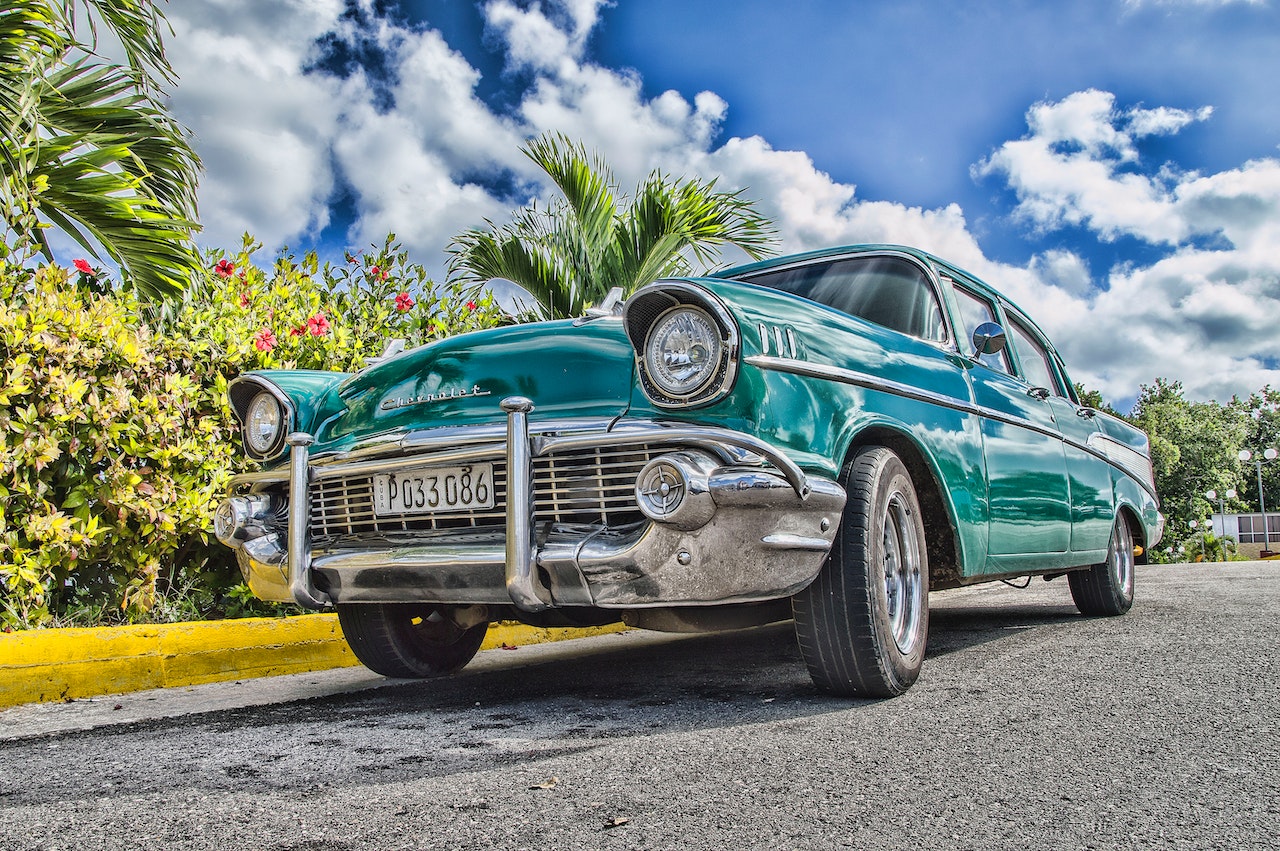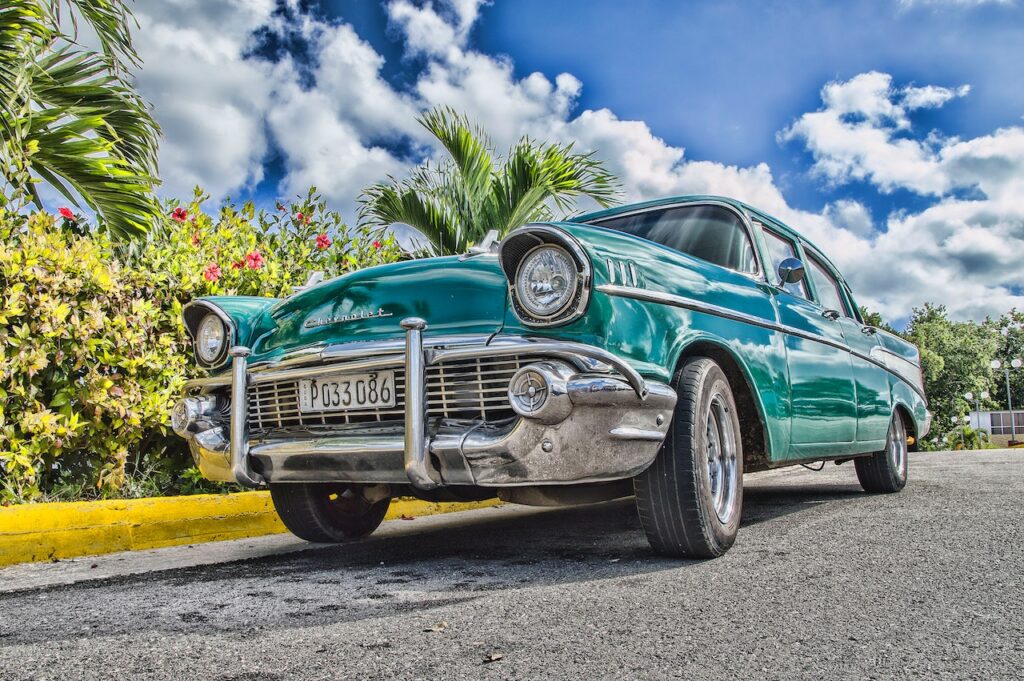What Makes a Car Classic?
We’ve all been there, haven’t we? Strolling down the road, we spot a vintage car, and we’re instantly transported back in time. But, what really makes a car classic? Is it the age, the design, or something more intangible?
Let’s break it down, shall we? Classic cars are not just old vehicles; they’re pieces of art, snapshots of history, and symbols of a bygone era. They represent the best of automotive design and engineering from their respective periods.
Historical events, shifts in technology, and societal changes all contribute to a car’s journey from ordinary to classic. The vehicles that have witnessed and survived through significant eras become emblematic of those times, gaining a timeless status.
Age does play a crucial role, but it’s not the only factor. Cars typically need to be at least 20 years old to be considered classic, but rarity and uniqueness also contribute to their classic status.
Ever found yourself reminiscing about the good old days while looking at a vintage vehicle? That’s the nostalgia factor! The aesthetic appeal of these cars, combined with the memories they evoke, makes them unforgettable.
The Journey of a Car Becoming a Classic
It’s fascinating, isn’t it, how a car evolves from being just another vehicle on the road to achieving classic status? This transformation is shaped by various factors, including technological developments and cultural influences.
Cars undergo several modifications and upgrades throughout their lifespan. Those that retain their original features and showcase groundbreaking technology of their era hold a special place in the automotive world.
As societal preferences shift, so does the appeal of different car models. Cars that were once unpopular can become highly sought after, depending on how well they align with contemporary tastes.
The Impact of Cultural Phenomena
Think about the DeLorean from “Back to the Future” or the Mustang from “Bullitt”. These cars became iconic through their association with popular movies, enhancing their classic status.
Cars associated with significant events or personalities often gain classic status. They become symbols of historical moments, adding to their allure and value.
Characteristics of Classic Cars
Classic cars are like fingerprints; each one is unique. They boast characteristics that set them apart from their modern counterparts.
From sleek lines to distinctive grills, the design elements of classic cars are truly one-of-a-kind. These features reflect the artistic vision and innovation of the times they were created in.
The meticulous craftsmanship and attention to detail in classic cars are unparalleled. Every stitch, every curve, and every polish speaks volumes about the quality of yesteryears.
Limited production runs and exclusivity further elevate the status of classic cars. Owning one is like having a piece of automotive history, making them highly coveted.
Financial Investment
Buying a classic car as an investment has gained considerable popularity over the years, reflecting not only a passion for vintage automotive beauty but also the potential for financial gains. This form of investment is driven by the scarcity and historical significance of classic cars, which often lead to an increase in their value over time.
Enthusiasts and investors alike are drawn to the nostalgia, craftsmanship, and unique characteristics that these vintage vehicles embody, making them prized possessions in any collection.
However, investing in classic cars isn’t without its challenges. The initial acquisition cost can be high, and finding a model in good condition can be a time-consuming endeavour. Furthermore, maintenance and restoration costs can add up, as finding parts for older models can be difficult and often expensive.
Potential investors should conduct thorough research on the make and model of the classic car, understanding its provenance, rarity, and historical significance, which are key factors in determining its value. Additionally, market trends, auction results, and expert opinions should be analyzed to make an informed decision.
Despite these challenges, the allure of owning a piece of automotive history and the potential for appreciation in value make classic cars a tempting and rewarding investment. Like art and other tangible assets, classic cars offer a sense of enjoyment and personal satisfaction, further enhancing their appeal as an alternative investment.
For those willing to navigate the complexities and invest the necessary time and resources, classic cars can provide both financial gains and the incomparable thrill of owning a timeless masterpiece.
Auction Prices and Market Trends
Auction houses and online platforms play a pivotal role in determining the market value of classic cars. High auction prices reflect the ongoing demand and appreciation for these timeless beauties.
Emotional Connection and Personal Satisfaction
Owning a classic car is not just about the financial gains; it’s about the emotional connection and the satisfaction derived from preserving a piece of history.
Preserving and Maintaining Classic Cars
Restoring a classic car to its former glory is an art. It requires skill, patience, and a deep understanding of the vehicle’s history and mechanics.
The Importance of Authenticity
Maintaining the authenticity of classic cars is paramount. Original parts and features enhance the vehicle’s value and appeal, keeping the spirit of the car alive.
The Role of Car Communities and Events
Car communities and events play a significant role in preserving and promoting classic cars. They provide a platform for enthusiasts to share knowledge, showcase their vehicles, and celebrate automotive history.
The Enduring Allure of Classic Cars
Classic cars are much more than just automobiles; they’re timeless symbols of history, art, and innovation. Their unique features, historical significance, and emotional appeal make them enduringly alluring, captivating the hearts of enthusiasts and casual observers alike.
FAQs
- Q: What age does a car need to be to be considered classic?
- A: Typically, a car needs to be at least 20 years old to be considered classic, but other factors like rarity and historical significance also play a role.
- Q: Can any old car become a classic?
- A: Not necessarily. Apart from age, factors like historical significance, design, rarity, and cultural impact contribute to a car achieving classic status.
- Q: Are classic cars a good investment?
- A: Yes, classic cars can be a good investment as their value often appreciates over time, especially if they are well-maintained and have historical significance.
- Q: How can one maintain the authenticity of a classic car?
- A: Maintaining authenticity involves using original parts during restoration, preserving original features, and adhering to the manufacturer’s specifications.
- Q: Are there communities for classic car enthusiasts?
- A: Yes, there are numerous classic car communities and events worldwide that provide a platform for enthusiasts to connect, share knowledge, and showcase their vehicles.


